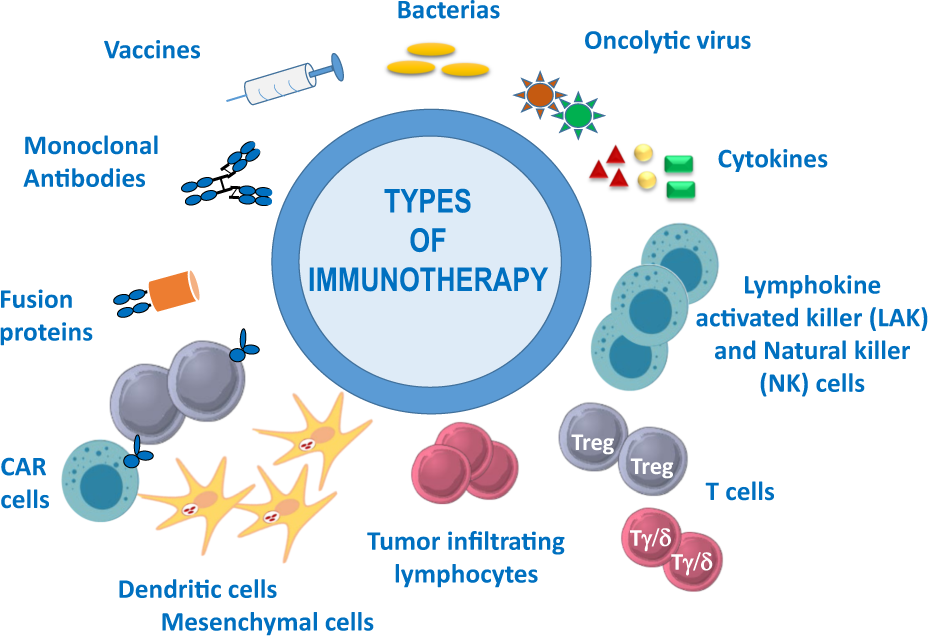Ph.D. in Advanced Immunology: Introduction, Admission, Registration, Eligibility, Duration, Fees, Syllabus 2024

Introduction:
A Ph.D. in Advanced Immunology is a doctoral program designed for individuals aiming to delve deeply into the complex world of the immune system. It provides a rigorous and comprehensive understanding of immune mechanisms, both in health and disease. Scholars engage in cutting-edge research, ranging from fundamental studies of immune cell biology to innovative immunotherapies for diseases like cancer and autoimmune disorders. The program typically involves a combination of coursework, seminars, laboratory rotations, and original research leading to a dissertation. Graduates emerge as experts ready to lead independent research, contribute to biomedical sciences, and develop novel therapeutics and vaccines.
Admission Process:
- Completion of a relevant Master's degree or equivalent.
- Submission of GRE or equivalent test scores (if required).
- Research proposal outlining intended study and research interests.
- Letters of recommendation from academic or professional references.
- Demonstration of prior research experience in a related field.
- Satisfactory completion of a formal interview process.
- Proof of proficiency in English (TOEFL/IELTS for non-native speakers).
Eligibility Criteria:
- Master's degree in Immunology, Biology, or a related field.
- A strong academic record with a focus on science courses.
- Laboratory experience in immunological techniques.
- Publications in peer-reviewed journals (desirable but not mandatory).
- Understanding of statistical and bioinformatics tools (preferred).
- Demonstrated critical thinking and problem-solving skills.
- Ability to commit to a full-time research program.
Completion Time:
The time it takes to complete a Ph.D. in Advanced Immunology varies but typically ranges from 4 to 6 years. The first two years often involve coursework, comprehensive examinations, and identifying a dissertation topic. Following this, students engage in full-time research, developing and conducting experiments to explore their thesis questions. Regular evaluations and progress reviews are a part of the journey, leading to the submission of a written dissertation. The final step is a defense of the thesis, where the student presents and justifies their research findings to a panel of experts. This intensive period is a blend of academic rigor, laboratory work, and professional development, preparing students for a career in immunological research or academia.
Career Opportunities:
- Academic research and teaching positions in universities.
- Lead researcher in biotechnology and pharmaceutical companies.
- Positions in government agencies like the CDC and NIH.
- Science policy advisor for public health policies.
- Biomedical scientist in hospitals and clinics.
- Consultant in immunology-related industries.
- Entrepreneurial opportunities in biotech startups.
- Science writer or editor for scientific journals or media outlets.
Syllabus:
- Advanced Immunological Techniques and Applications.
- Cellular and Molecular Immunology.
- Immunogenetics and Molecular Biology.
- Immune System Diseases and Therapeutics.
- Vaccine Development and Immunotherapy.
- Translational Immunology and Clinical Applications.
- Bioinformatics in Immunological Research.
- Elective courses in specialized areas of interest.
Internship Opportunities:
- Clinical research organizations for trial design and execution.
- Internships at biotech and pharmaceutical companies.
- Governmental public health laboratories.
- Nonprofit organizations focusing on disease research and advocacy.
- Academic research labs for collaborative projects.
- Internationally renowned immunology research institutes.
Scholarship and Grants:
- University fellowships based on academic merit.
- Research grants from scientific societies such as the American Association of Immunologists.
- Government-funded scholarships for specific areas of research.
- Industry-sponsored scholarships for targeted immunological studies.
- Grants from health organizations for disease-specific research.
- International scholarships for global research collaboration.
FAQs:
What are the research areas in Advanced Immunology?
Research areas include immune system development, immunotherapies, vaccine development, and immune-related diseases.
Is teaching experience required during the Ph.D.?
Yes, most programs include teaching assistantships as part of training.
Can I pursue a Ph.D. part-time?
Typically, a Ph.D. is a full-time commitment, but some programs may offer part-time options.
What kind of support is available for Ph.D. students?
Support often includes stipends, health insurance, and access to state-of-the-art research facilities.
Are there opportunities for international collaborations?
Yes, many programs encourage and facilitate international research collaborations and exchanges.
